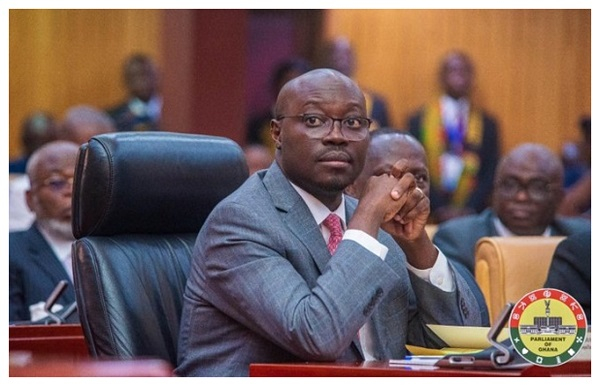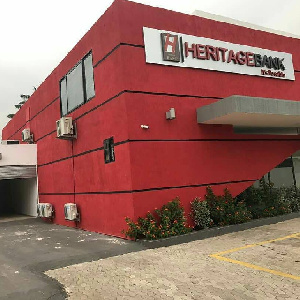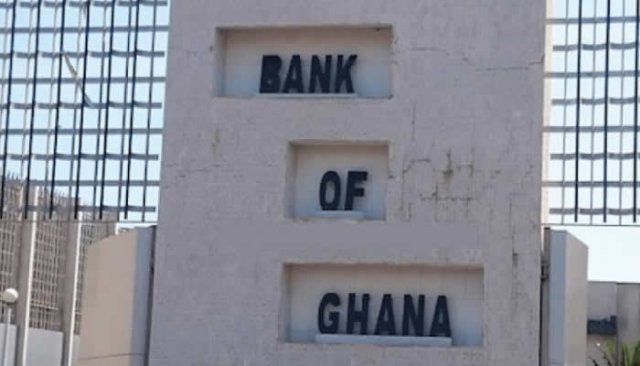IMF Backs New GH¢1 Per Litre Fuel Levy in Ghana to Tackle Energy Debt

The International Monetary Fund (IMF) has officially endorsed Ghana’s introduction of a new GH¢1 per litre levy on refined petroleum products, a measure slated to come into effect on June 16, 2025. This significant levy, integrated as part of the amended Energy Sector Shortfall and Debt Repayment Levy, is designed to generate crucial revenue essential for tackling Ghana’s escalating debt within its energy sector.
Ghana’s energy sector is currently facing a formidable financial challenge, recording a substantial monthly deficit of GH¢2 billion. The government is grappling with an overwhelming total sector-wide debt amounting to US$3.7 billion. A significant portion of this colossal debt, specifically over US$1.7 billion, is owed to Independent Power Producers (IPPs), highlighting the critical financial strain on the nation’s power generation infrastructure.
The country’s energy system is further burdened by its heavy reliance on thermal power generation, which necessitates an annual expenditure exceeding US$1.1 billion on liquid fuel purchases. Compounding this issue, the actual cost of these crucial fuels is not adequately reflected in the prevailing electricity tariffs. This disconnect between expenditure and revenue generation has led to a continuously widening funding gap, exacerbating the financial woes of the energy sector.
Julie Kozack, Director of Communications at the IMF, affirmed that the implementation of this new fuel levy is a vital step that will significantly strengthen Ghana’s capacity to meet its ambitious fiscal targets outlined in the ongoing bailout program. “This is a new measure that will help generate additional resources to tackle the challenges in Ghana’s energy sector and bolster Ghana’s ability to deliver on the fiscal objectives under the program,” she stated, underscoring the levy’s importance for fiscal consolidation.
Kozack also acknowledged the recent appreciation of the Ghanaian cedi, a positive economic development that could potentially influence future adjustments to the IMF program. She emphasized that subsequent program reviews would provide the necessary platform for the IMF team to thoroughly evaluate all evolving macroeconomic and financial conditions, including exchange rate movements. This meticulous assessment aims to ensure that the program’s targets and objectives remain both appropriate and achievable in a dynamic economic environment.
Subject to the final approval by the IMF Executive Board, Ghana is poised to receive a substantial disbursement of US$370 million in early July 2025. This upcoming release of funds will mark the fourth disbursement under the Extended Credit Facility (ECF) program, bringing the total financial support provided by the IMF to Ghana to an impressive US$2.4 billion since the program’s inception in May 2023. The endorsement of the fuel levy by the IMF signals continued confidence in Ghana’s economic reform efforts and its commitment to fiscal sustainability.
Source: http://thepressradio.com





